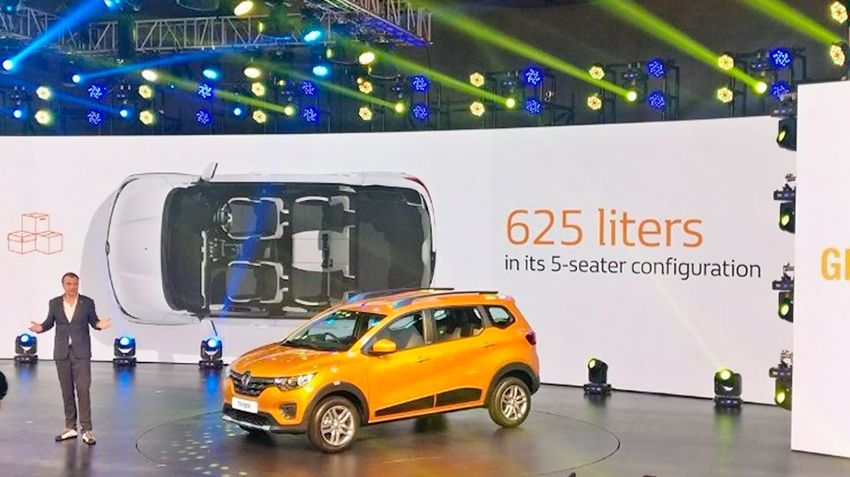Reno refuses from sales of diesel cars in India

20 June 2019
Tough new environmental standards in India are forcing automakers to abandon diesels
After the local leader of the Indian automotive company Maruti Suzuki and Renault became the second manufacturer, which next year will stop selling diesel cars in India. The reason was stricter emission standard Bharat VI, comparable with the Euro-6 standard in Europe, which comes into force in India since the beginning of the new fiscal 2020/21 year, i.e. from April 1, 2020.
Renault exit from the diesel theme is considered a sign of progress, the General Director of Renault, Thierry Bollore at a special event in India, said: "We decided to significantly limit the development of the diesel engines will be introduced when the Euro standard VII". In response to a specific question about how do stop the car manufacturer to sell diesel cars in India after the entry into force of the local standard for emissions of Bharat VI, he confirmed: "Yes, so be it". It is expected that the new Indian strict environmental standards will make diesel engines more expensive than gasoline in the local market, and then, of course, the "green light", will be electric vehicles.
Renault accordingly, since the rejection of diesel engines in India first will focus on gasoline vehicles, and also considering the deployment of local production of electric vehicles, starting in 2022. Thierry Bollore confirmed that: "Electric vehicles are an important part of the medium-term plan for 2022, and the company will focus on their local production in India." This seems a perfectly reasonable step, given that the government of India has already started at the beginning of this year to introduce a tax on import of components for Assembly of electric vehicles.
As a result, for example, the latest compact 4-metre crosswan Renault Triber, just before presented to Bollore in India (photo on the splash screen), go to the local market only with petrol engines.
However, the market share of diesel vehicles in India has been steadily declining, and in recent times it has fallen to the lowest level in the last ten years. Currently, the country is openly discussing the issue of changing the environmental situation in the fuel market and analytical center of the Federal government directly encourages new Delhi to prohibit the recording of any non-electric vehicles after 2030.
The government of India is also seriously considering a complete ban of engines running on fossil fuels, starting with the segment LEV. So from April 2023 will be permitted registration of three-wheeled rickshaws and pick-UPS solely on electric, or just electric two wheelers from April 2025.
The head of Renault also mentioned the fact that India will inevitably become the third largest automotive market in the near future, so, logically, it's a good enough reason to Renault continued to invest in the country. He expects the unit Renault India will double sales of its vehicles by 2022.

PS Even now can not believe that many millions Indian three-wheeled tuk-tuks (the stories of tuk tuks and pickup trucks) will go with the usual doktechnik and minidisplay on the net electric drive, but on the sites of the individual manufacturers of such devices are already there...
.
|
|
|
Element was not found.








